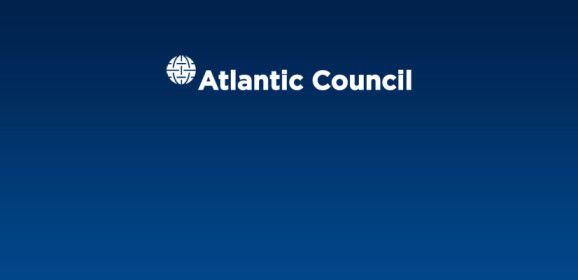Section: Research Organizations & Think Tanks about Ukraine
Kleptocracy Daily: October 13, 2016
Event Reminder: Join Hannah Thoburn, Brian Whitmore, and Angela Stent to discuss Consolidation and Control: Power Shifts in Putin’s Kremlin at 10:00 am tomorrow at Hudson Institute. News Igor Sechin and Rosneft have won a Kremlin struggle to acquire a controlling stake in Bashneft. (Bloomberg) Serbia has made Gennady Timchenko (Vladimir...
Brexit and EU-Wide Money Laundering Regulation: The Debate Continues
Although the UK will implement the EU’s Fourth Money Laundering Directive, which was negotiated before the Brexit vote, a challenge lies ahead in dealing with the European Commission’s proposed amendments to the text of the Directive, some of which the UK does not support. Britain’s Treasury recently launched a consultation...
Will the West Ever Stand Up to Putin?
German Chancellor Angela Merkel suggested that the Normandy Four—leaders from France, Germany, Russia, and Ukraine—gather on October 19 to discuss the war in Ukraine.But this is premature. Nothing will come out of this meeting without a detailed roadmap for a real ceasefire and Russian President Vladimir Putin’s adherence to fully implement...
Strengthening the Eastern Frontier of the V4
By Public Relations.On Tuesday, October 11th 2016, the GLOBSEC Policy Institute (GPI) participated on roundtable discussion organized by the Centre for Euro-Atlantic Integration and Democracy (CEID) in Prague called: V4+ Security – Strengthening the Eastern Frontier of the V4. The first roundtable discussion of the initiative, chaired by Dániel...
Leaders and Slackers on Ukraine’s Reform Process (ECFR)
This text is an annex to “Keeping up appearances: How Europe is supporting Ukraine’s transformation” by Gustav Gressel, Senior Policy Fellow at the ECFR, and has been compiled by national researchers in each of the EU member states. …read more Source: Institute of World...
Ukraine’s Omnipresent Oligarchs
Neither the Euromaidan revolution nor reform efforts have succeeded in undermining Ukraine’s oligarchic system, which still shapes the country’s politics. …read more Source: Carnegie Endowment for International...
Brexit: Causes and Consequences
Europe is at an Inflexion Point of DangerThe vote by the British people to leave the European Union sent shockwaves across the continent of Europe and beyond. It is the most significant event in Europe since the fall of the Berlin Wall in 1989 and may well mark the beginning of the end of the European Union as we have known it. The European Union...
Britain, France seek more EU sanctions on Syria, Russia over Aleppo
Britain and France are leading EU efforts to impose more sanctions on Syrians close to President Bashar al-Assad in response to the devastating bombing of Aleppo, diplomats said on Wednesday (12 October), signalling that Russians may eventually be added to the list. …read more Source:...
Natalie Jaresko Says $25 Billion More Needed to Make Ukraine’s Reforms Irreversible
Fatigue, Vested Interests, and Populism Threaten Ukraine’s “Longest and Most Successful” Reform Process “There’s no country in the world that has been in such dire circumstances and yet turned around the economy in such a short period of time,” said Natalie Jaresko, who served as Ukraine’s Finance Minister from December 2014 to...
What Has Communism Cost The World?
How many deaths is too many? VOC’s #CommunismKills campaign begins with the premise that each individual life taken by communism is one too many. Communism has killed over 100,000,000 people over the last 100 years and continues to do so in the countries of China, Cuba, North Korea, Vietnam, and Laos. This staggering number represents more...










